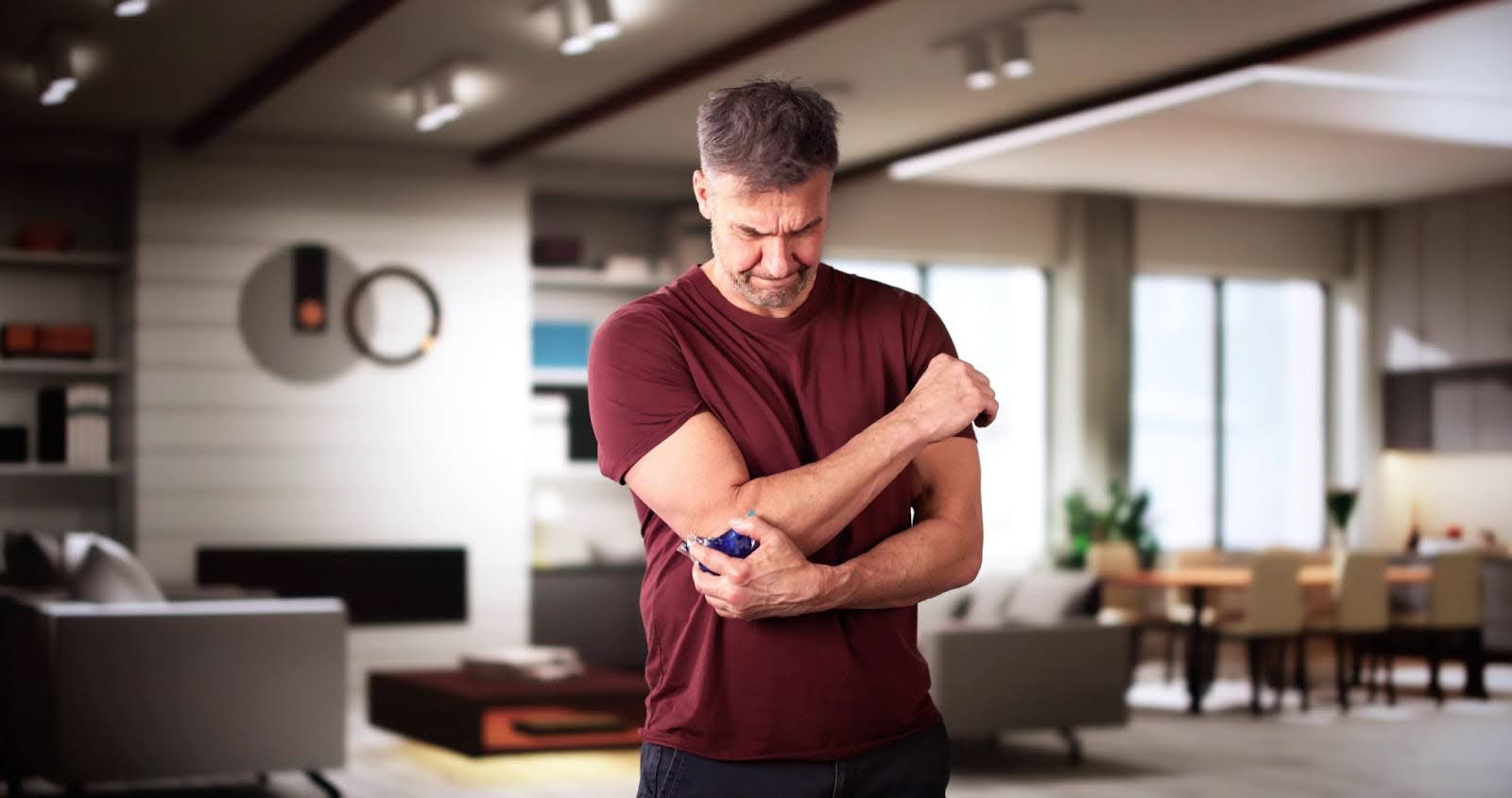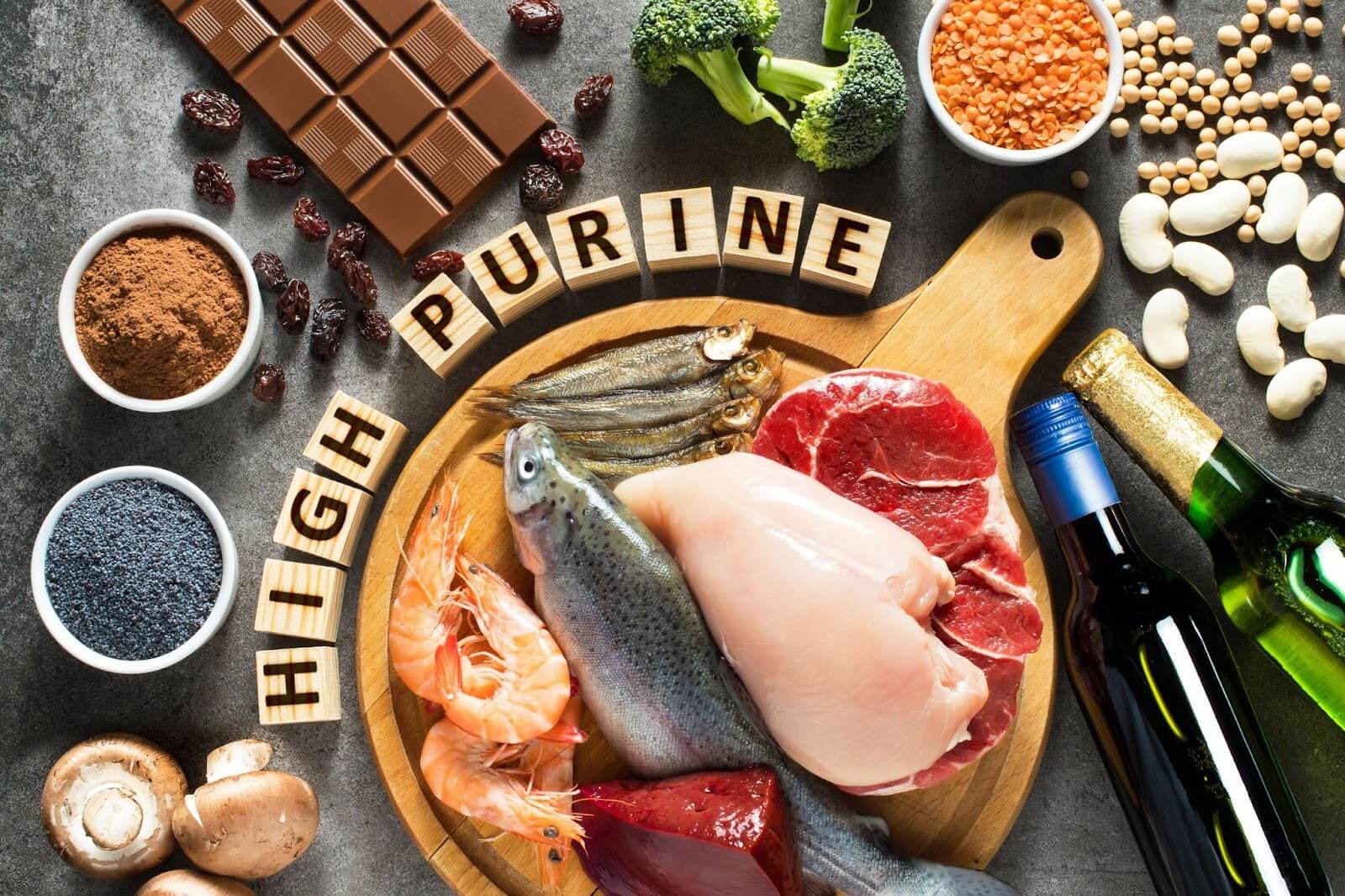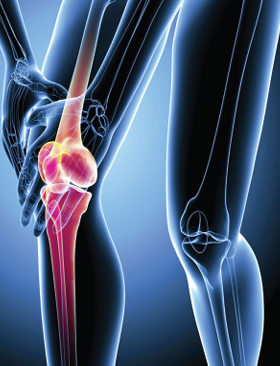Juvent Blog - Alternative Health and Wellness News
Explore expert insights on how the Juvent Micro-Impact Platform and HydroxyBMD3 can support your health and wellness journey.
Natural Remedies That May Complement Your Joint Pain Management Plan
Joint pain interferes with your ability to move comfortably, stay active, and enjoy daily life. Whether it’s caused by aging, arthritis, or overuse, managing joint pain often involves more than one approach. While medications and surgery are common, many people are turning to natural remedies for joint pain to support comfort and mobility in a more holistic way. If you're exploring a joint pain management strategy, it’s time to explore natural joint pain remedies that may help reduce discomfort with science-backed benefits.
Why Sleep Changes After Menopause and Natural Ways to Improve It
The postmenopausal phase of life may mean you’re finding it harder to fall or stay asleep. Menopause and sleep challenges go hand in hand, and they often come with frustrating side effects like fatigue, mood swings, and brain fog. But why does sleep in menopause change so dramatically, and what can be done to naturally support better rest? The connection between menopause sleep problems and hormonal changes is complex, but we’ll help you with practical, natural ways to restore rest, including Juvent's Micro-Impact Platform®, which can support your wellness routine and help improve sleep quality.
Tracking Biometrics at Home: Data-Driven Wellness for the Everyday Biohacker
The rise of wearable tech and at-home health devices has made it easier than ever for individuals to take control of their wellness through biometric screening. Whether you're a seasoned biohacker or just starting your self-optimization journey, tracking biometrics at home can help you make informed decisions, set measurable goals, and spot trends that affect your health. Let’s dive into the world of data-driven wellness from the comfort of your own home and see how something like Juvent’s Micro-Impact Platform® can help you improve the metrics you're tracking.
What HydroxyBMD3™ Can Do for Your Microbiome and Why It Matters
Bone and joint health often brings to mind calcium, vitamin D, and structural support, but there’s another crucial piece of the wellness puzzle hiding in your gut. Your microbiome, the community of trillions of microorganisms in your digestive tract, plays a significant role in everything from immunity to nutrient absorption, and yes, even bone health.
Juvent Joins the Inc. 5000 List of America’s Fastest-Growing Private Companies
Juvent ranks #757 on the Inc. 5000 list for rapid growth, joining America’s fastest-growing private companies.
What to Know About Purines and How They Relate to Gout
Living with gout likely means you’ve heard the word “purines” more than once. If you or a loved one has gout, understanding what purines are and how they relate to joint pain and inflammation can make a significant difference in your quality of life. Do purines cause gout? We’re here to explain the science and how Juvent’s products can support joint comfort and health naturally.
HUMAN HEALTH BENEFITS OF LOW MAGNITUDE MECHANICAL STIMULATION (LMMS)
DIFFERENTIATING HUMAN HEALTH BENEFITS: MICRO-IMPACT THERAPY VS. WHOLE BODY VIBRATION
CLINICAL BENEFITS OF JUVENT’S MICRO-IMPACT PLATFORM®
JUVENT’S MICRO-IMPACT PLATFORM FOR INCREASING BONE MINERAL DENSITY IN PEDIATRIC CANCER SURVIVORS
What Is the Most Common Type of Joint Pain?
Joint discomfort can affect people of all ages, but as we get older or push our bodies in sports and at work, joint pain becomes increasingly common. Whether it’s stiffness in the morning, soreness after activity, or persistent aches that don’t seem to go away, understanding the causes of joint pain and what can help manage it is key to maintaining mobility, comfort, and quality of life. We will walk you through the common culprits, which joints are most often affected, and how Juvent’s Micro-Impact Platform® and HydroxyBMD3™ supplement may help.
Swimming is often praised as one of the best full-body workouts since it’s easy on the joints, builds endurance, and supports cardiovascular health. But when it comes to bone health, you may wonder: “Does swimming help strengthen your bones?” Let’s explore the science behind bone pain, swimming, and skeletal strength, which will make it clear why Juvent’s Micro-Impact Platform® may be a more complete solution for keeping your bones strong, especially as you age.
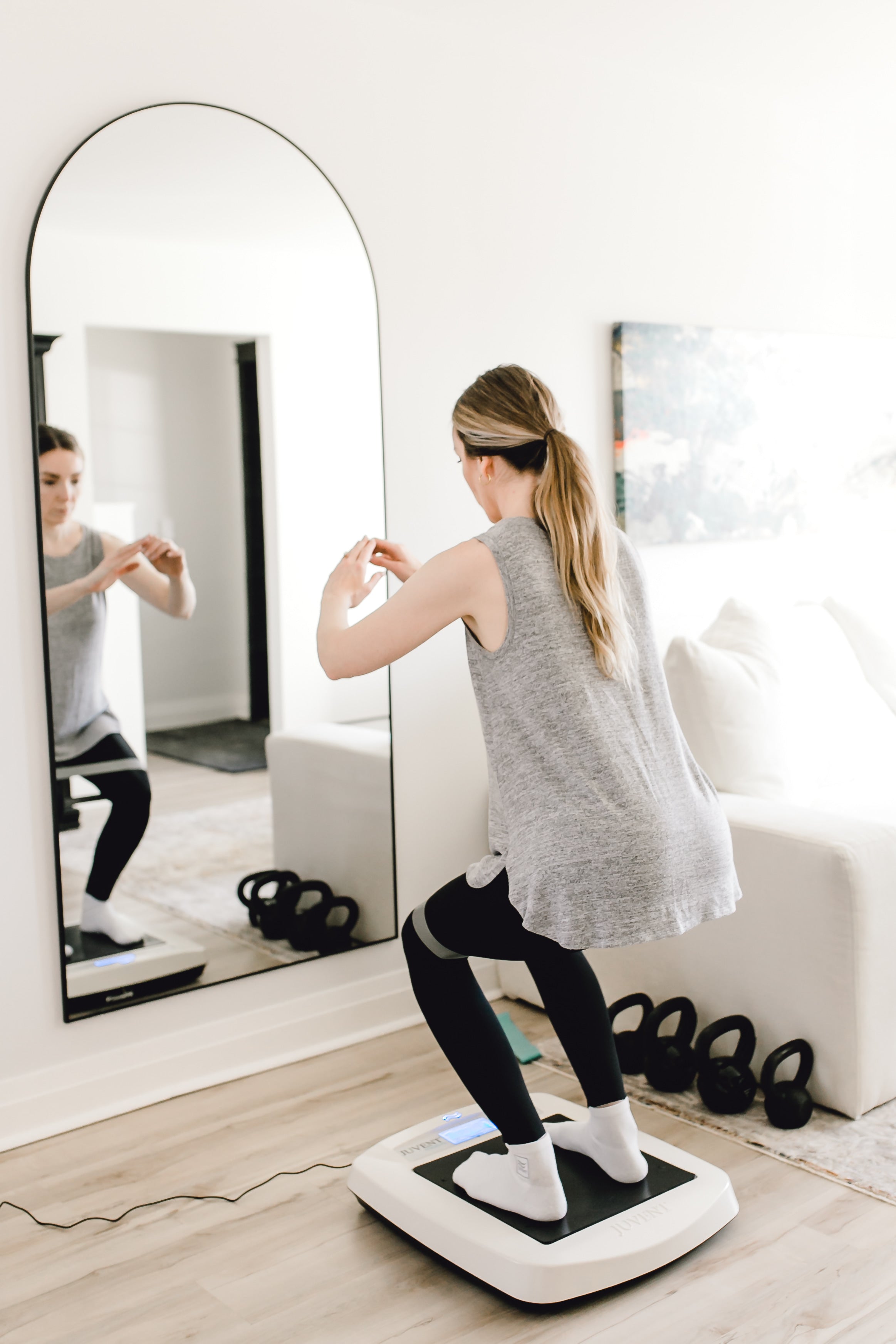
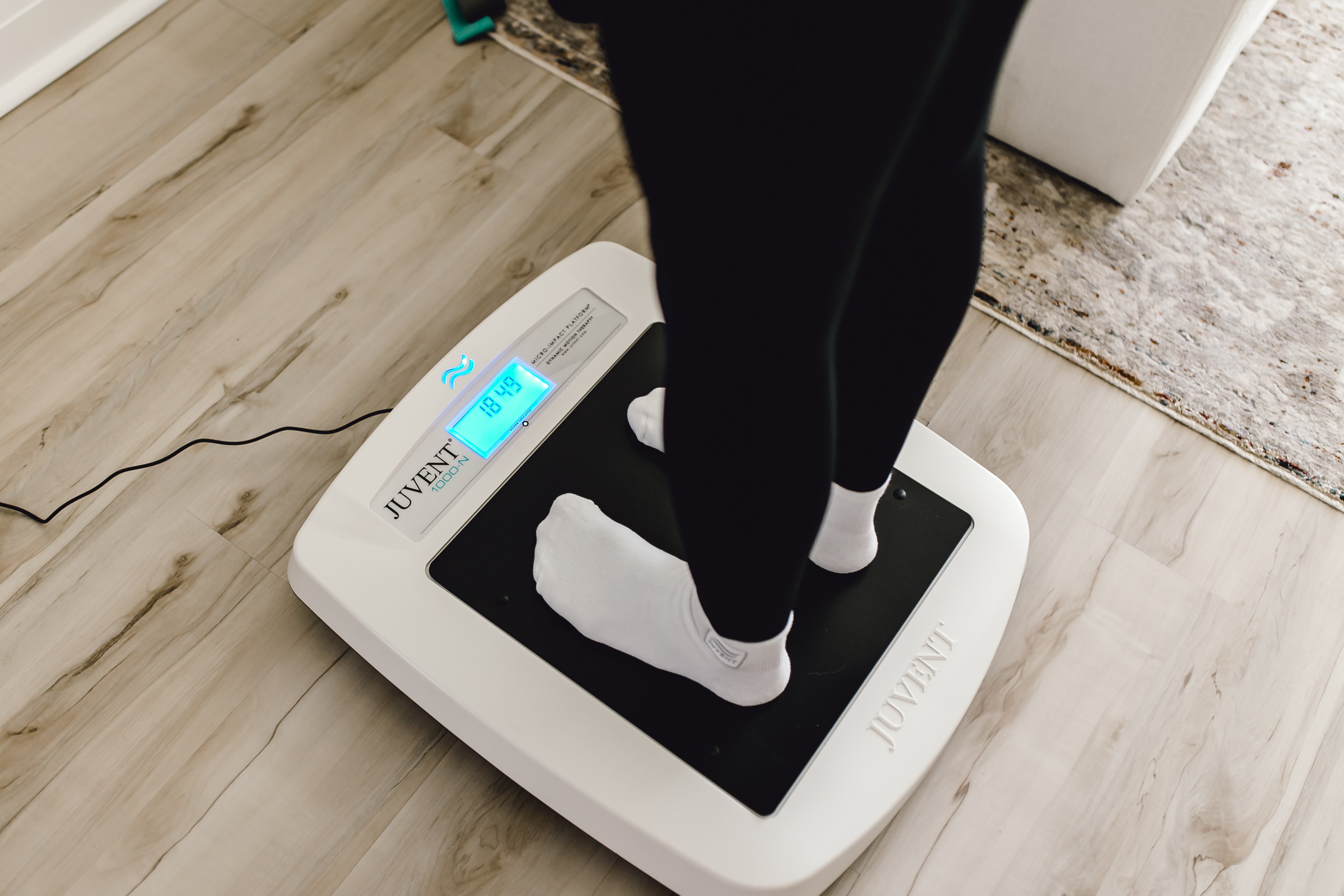
Discover the Juvent Micro-Impact Platform
Support strength, balance, and mobility—naturally

